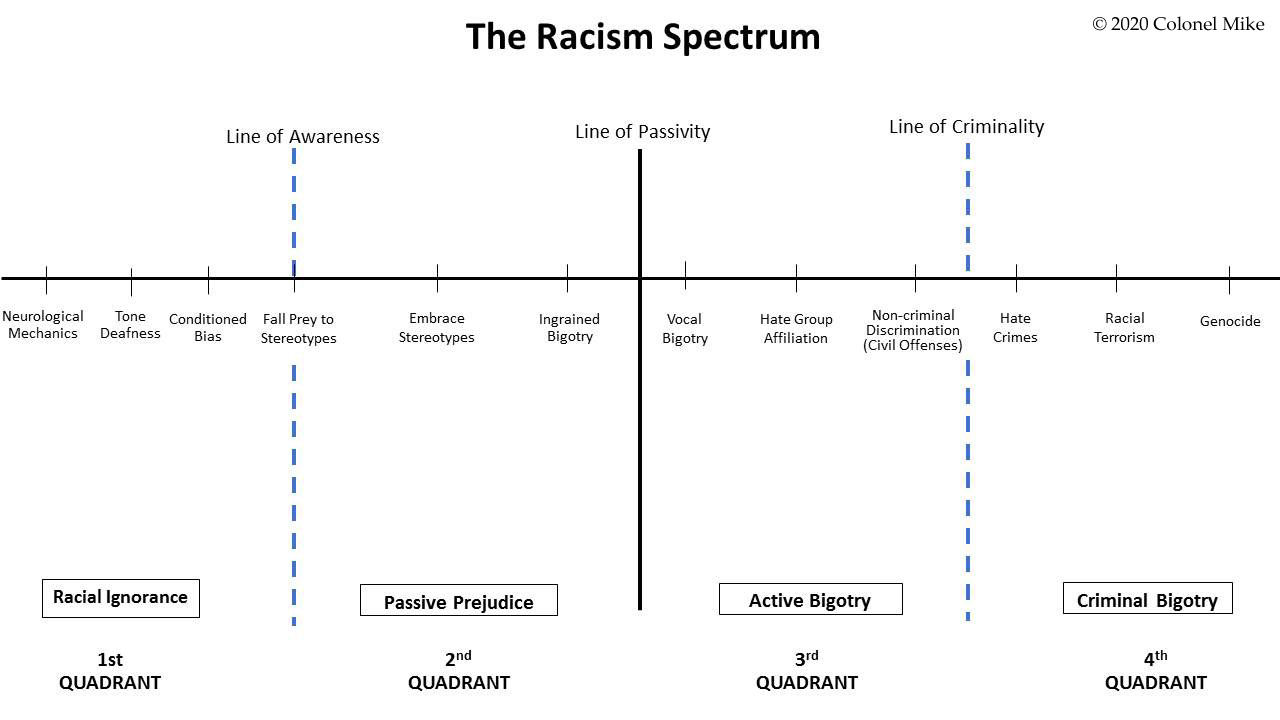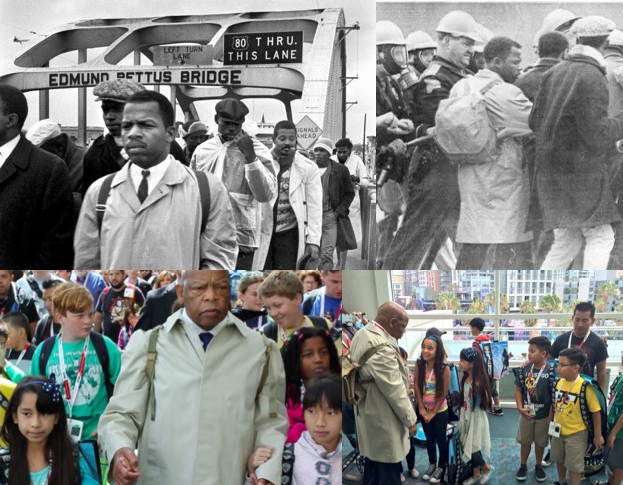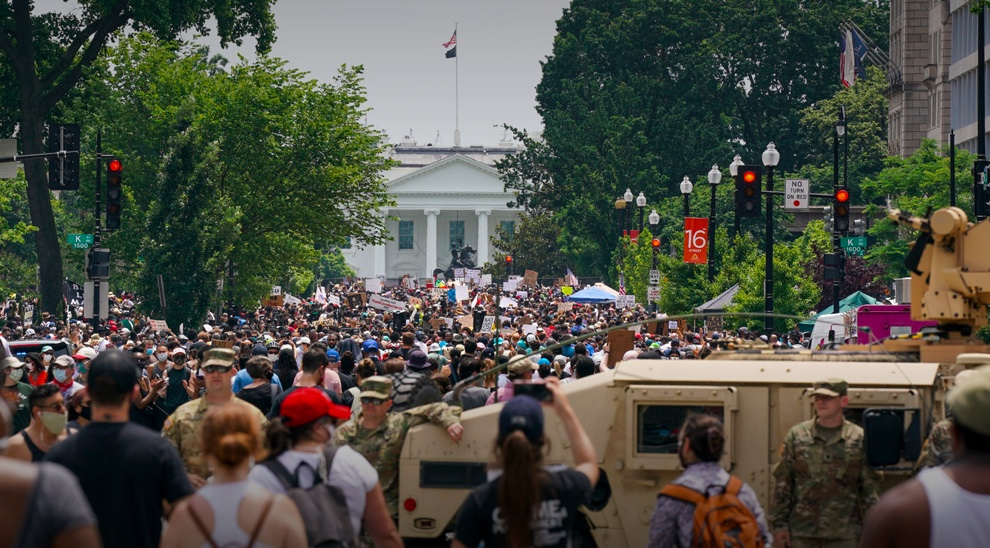It’s time for the 25th Amendment9/11, The Trump Insurrection of 1/6, and the Failure of Imagination
Some might scoff at the idea of comparing the terrorist attacks of 9/11 with the Trump Insurrection of January 6th, 2021 that saw a mob attack the U.S Capitol. Granted, there are differences in the nature and degree of the two attacks, but there are many startling parallels to include the drastic but necessary actions that must be taken to defend our nation going forward. Both the attacks on 9/11 and 1/6 targeted key nodes of national authority in our capital city resulting in deaths, albeit very different in scale. Both were attempts to subvert our democracy, and both resulted in causing immense physical and moral harm, in part, because of a “failure of imagination.” As the 9/11 Commission Report stated, America failed to imagine the type of attacks in 2001 could possibly occur despite the many warning signs to the contrary. The same is true of the attacks on 1/6. Most importantly, just as in the aftermath of 9/11, strong, bipartisan, sweeping measures must be taken to secure our democracy, to include executing Section 4 of the 25th Amendment to the U.S. Constitution to remove President Donald J. Trump from office.





